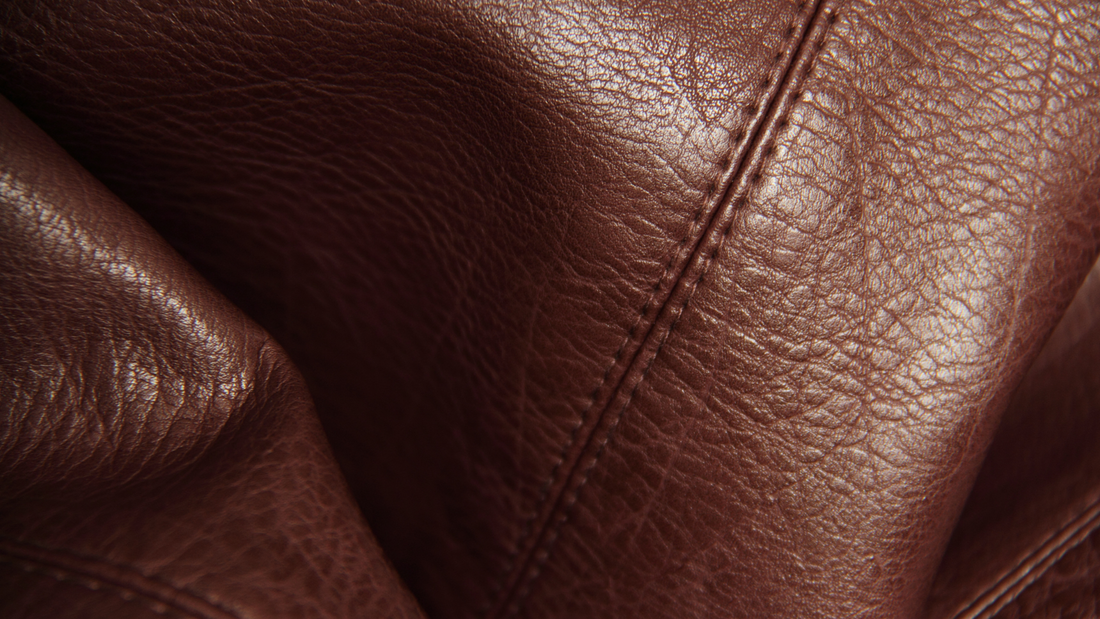
Vegan Luxury Face-Off: Potamy’s Sustainable Collection vs. Stella McCartney
Share
In the realm of conscious luxury, Stella McCartney stands as a pioneer—a beacon of activism since 2001. But across Europe, a Romanian force is rising: Potamy. Both reject leather, fur, and compromise. Yet their paths diverge. This isn’t just about what they make. It’s about how they redefine opulence for a planet in peril.
The Ethical Vanguard: Two Visions of Compassion
Stella McCartney’s Legacy
Stella didn’t just launch a brand; she declared war on convention. Her pieces—from Falabella bags to Frayme Mules—prove luxury needs no leather. Using materials like MIRUM (plant-based plastic-free leather) and recycled polyester, she marries glamour with grit. However, pioneering comes at a price: €1,200+ for a bag and €600+ for shoes. You pay for the halo of being first.
Potamy’s Radical Pragmatism
Potamy asks: Can ethics feel intimate? It's vegan loafers (€290) and Arad Totes (€390) use Romanian-engineered vegan leather—PETA-approved, featherlight, and uncannily soft. No global fanfare, just relentless local focus: small batches, solar-powered workshops in Timișoara, and prices that democratize conscience. This is sustainability without sanctimony.
Material Alchemy: Science Meets Soul
Stella’s fabrics are feats of innovation: lab-grown mushroom leather (Mylo), regenerated cashmere. They dazzle with technological ambition, yet can feel distant, luxury as a polished manifesto.
Potamy’s materials whisper closeness. Their vegan leather, developed with Romanian chemists, mimics the suppleness of calfskin without the coldness of synthetics. It breathes, ages gracefully, and carries a tactile warmth—like "skin that never was." When you hold a Potamy loafer, you feel not just ethics, but empathy.
The Contrast:
Stella shows the world what’s possible.
Potamy makes it personally palpable.
Craftsmanship: Scale vs. Sanctuary
Stella’s production spans Italy, Turkey, and beyond. Precision is industrial; impact is global. You wear a symbol of change, but rarely trace its hands.
Potamy’s artisans stitch every piece in Timișoara. Workshops hum with familial energy, grandmothers cutting patterns, sons perfecting folds. A loafer isn’t just assembled; it’s nurtured. Flaws? Perhaps a slightly uneven stitch. But that’s the point: perfection isn’t sustainable; humanity is.
The Walk: Theory vs. Terrain
Stella’s Statement
Her designs scream fashion-forward: chunky platforms, logo-adorned silhouettes. They command attention, yet comfort can play second fiddle. These are shoes for the runway, the red carpet, armor for the activist.
Potamy’s Quiet Revolution
Foldable soles. Memory foam insoles. 35% lighter than Stella’s equivalents. Potamy crafts for the real world, cobblestone streets, subway stairs, transatlantic flights. This isn’t veganism as performance; it’s ethics in motion.
Price & Purpose: The Conscious Calculus
-
Stella McCartney: €600-1,200+
You fund the frontier: R&D, global campaigns, high-fashion activism. -
Potamy: €290-390
You invest in immediacy: Romanian jobs, local ecosystems, accessible revolution.
The Verdict: Choose Your Revolution
Choose Stella McCartney If:
-
You seek icon status in conscious circles.
-
Cutting-edge material innovation excites you more than price.
-
Fashion as protest is your language.
Choose Potamy If:
-
You believe sustainability should be silent, not shouted.
-
Human-scale craftsmanship moves you.
-
You crave luxury that adapts to your life (not vice versa).
-
Supporting Eastern Europe’s green renaissance matters.
Final Reflection: Compassion Without Compromise
Stella McCartney tore down the temple. Potamy is building a home in its ruins, one where ethics feel like an embrace, not an edict. Stella’s legacy is monumental. Potamy’s promise is intimate: that the future of luxury isn’t just kind, it’s kin.
Stella gives you a megaphone. Potamy gives you a hand to hold. Both are vital. But only one lets you walk lighter.
